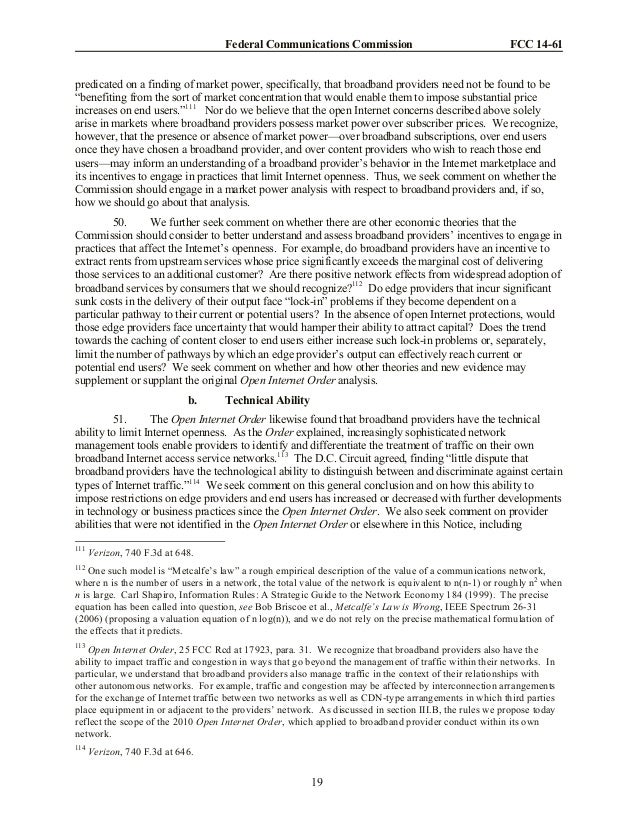



While ISPs can limit your internet speeds, this is now done rarely and only to control or slow illegal downloads.

The internet works by having all of your communications data sent through connections established by organizations or companies-with users paying a monthly fee for the service (most often a flat fee based on service needs). It means consumers will demand more and better broadband as they enjoy new lawful internet services, applications and content, and broadband providers cannot block, throttle, or create special ‘fast lanes’ for that content.” Just as your phone company shouldn’t decide whom you can call and what you say on that call, your ISP shouldn’t be involved in any way with the content you view or post online. It means innovators can develop products and services without asking for permission. This principle is often referred to as Net Neutrality. As the FCC explainsit, “An Open Internet means consumers can go where they want, when they want. This openness is also tied closely to the principle that the internet enables and protects free speech. Net Neutrality has been the guiding principle in the development of the internet, preserving the right of all to communicate freely across the globe. The FCC went back to the drawing board and released a new version of its order in March 2015. appeals court said that the FCC used a questionable legal framework to craft the Open Internet Order and lacked the authority to implement and enforce its rules. The Federal Communications Commission’s (FCC) 2010 Open Internet Order was intended to prevent broadband ISPs from blocking or interfering with traffic on the web to ensure the internet remained a level playing field for any user. Biology Digest/Physical Sciences Digest.The Information Advisor's Guide to Internet Research.Library Leaders Digital Strategy Summit.


 0 kommentar(er)
0 kommentar(er)
